Port of Dover facing 'unnecessary holdups' on 1 January
- Published
- comments
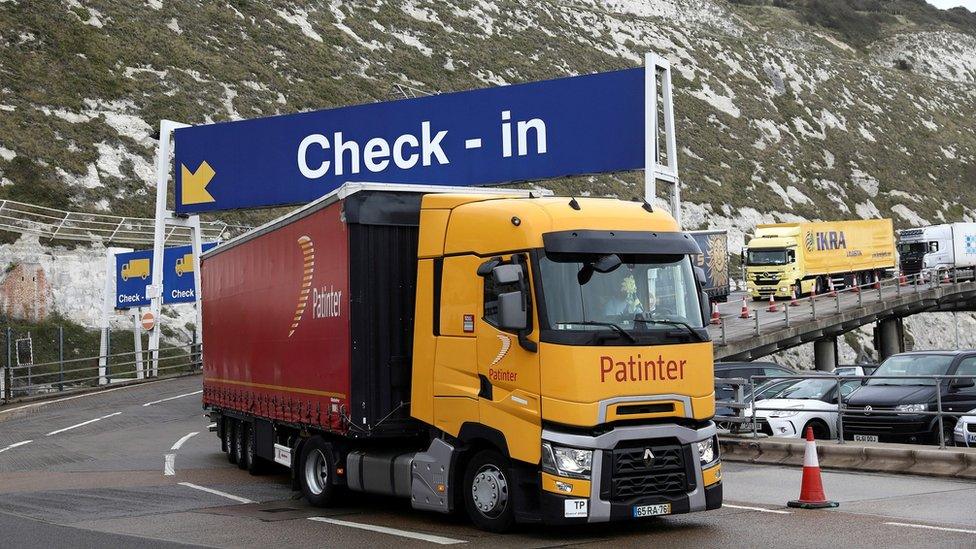
The government has turned down a request from the port of Dover for financial support, which could lead to delays after 1 January, its chief executive has told the BBC.
"Without this funding it's going to make the transition more challenging than it is today," said Doug Bannister.
The government said it had already made "unprecedented" new investments in port infrastructure.
Several UK ports, including Dover, are facing congestion already.
And in two weeks' time, new rules will govern trade and travel between the UK and the EU.
"The port is as prepared as we can be. We've been at this for four years now," said Mr Bannister.
He added that questions remained over how ready businesses were to trade under the new conditions.
"That is going to be the unknown... until we see it happening," he said.
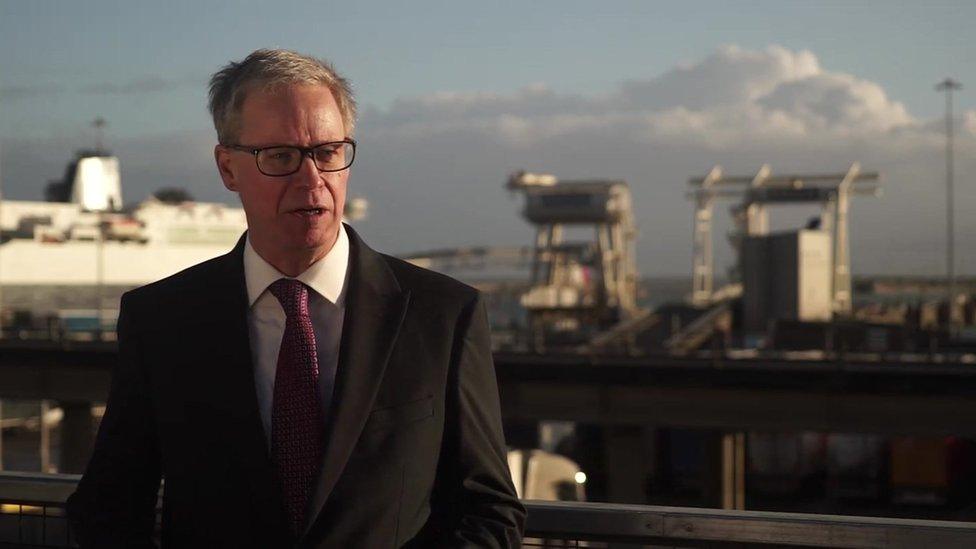
Mr Bannister said the port is facing "the greatest period of uncertainty" it had seen
Around 9,000 trucks pass through the port of Dover every day, transporting nearly 20% of all the goods sold in the UK.
Congestion and delays around the UK's ports have already caused concern there could be serious disruption when Britain's trading relationship with the EU changes at the end of this year.
However Mr Bannister said that January was typically a slow period which might allow new systems to bed in before cargo volumes started to pick up again.
"We are trying to move ourselves through the greatest period of uncertainty that this facility has seen," he said.
On Wednesday, the government turned down a request for £33m of funding to facilitate extra French passport checks on people travelling out of Dover.
Dover had requested the extra support as part of the Port Infrastructure Fund, which is designed to smooth the switch to the new rules.
After 1 January, anyone travelling from the UK to France will face stricter checks and stamps in their passports.
"Being denied the funding for this programme - what that does mean is that we could see increased friction and increased hold ups while we get through the opening period of the transition," said Mr Bannister.
However, Cabinet Office minister Michael Gove, responding to a question in the House of Commons, said: "The funding in the port infrastructure fund was specifically available for projects that were due to be delivered by July next year, when full import controls will be in place. Dover was bidding for some infrastructure that would be complete by 2023."
The government has made "an unprecedented" £470m available for new infrastructure in and around the UK's ports, a spokesperson said.
Current congestion around the port of Dover was due to the extra pressure of the Christmas trading period, firms stockpiling ahead of the end of the Brexit transition period, and overspill from problems in other ports including Felixstowe, Mr Bannister said.
The UK and the EU are still locked in talks over a trade deal to take effect at the end of this year.
Although the UK left the EU in January, an 11-month-long transition period was agreed during which previous trade relations would continue.
- Published17 December 2020

- Published13 December 2020
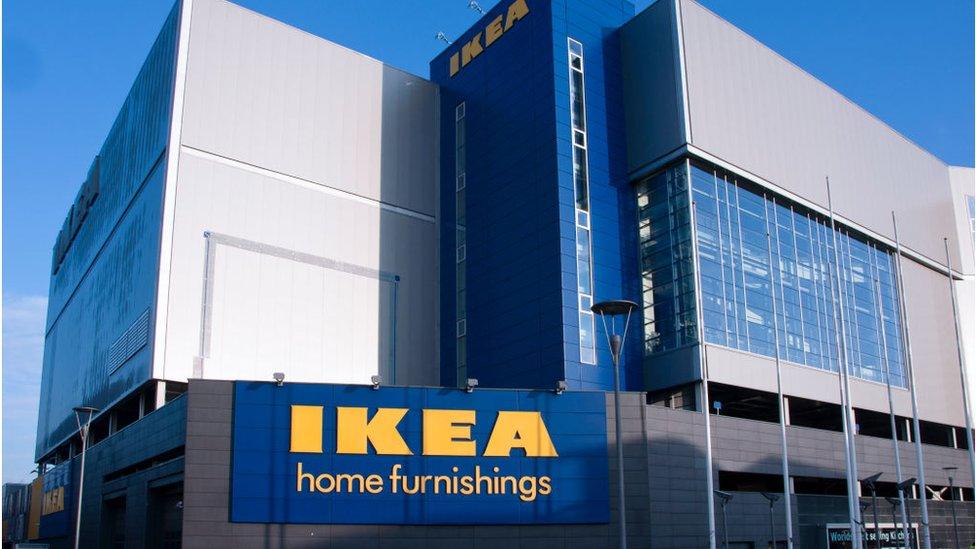
- Published9 December 2020
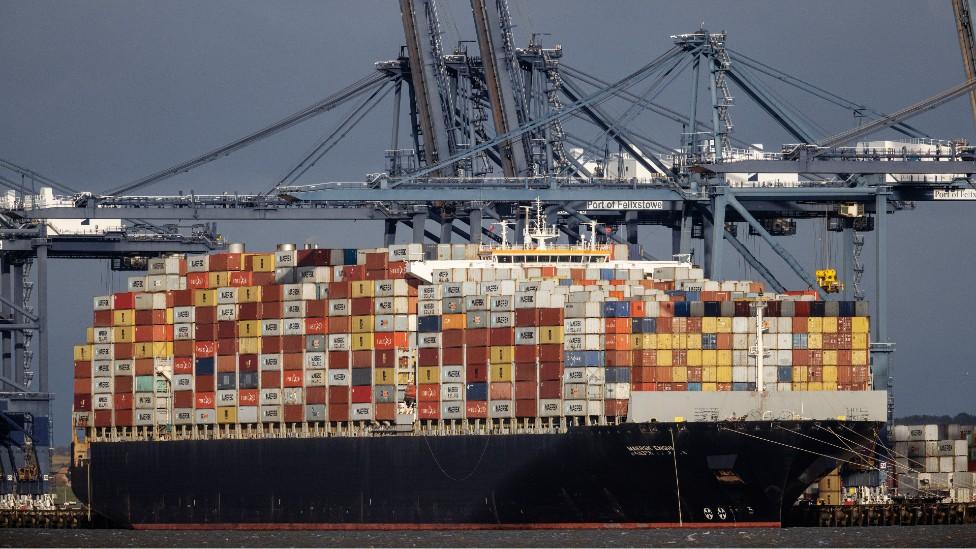
- Published1 January 2021
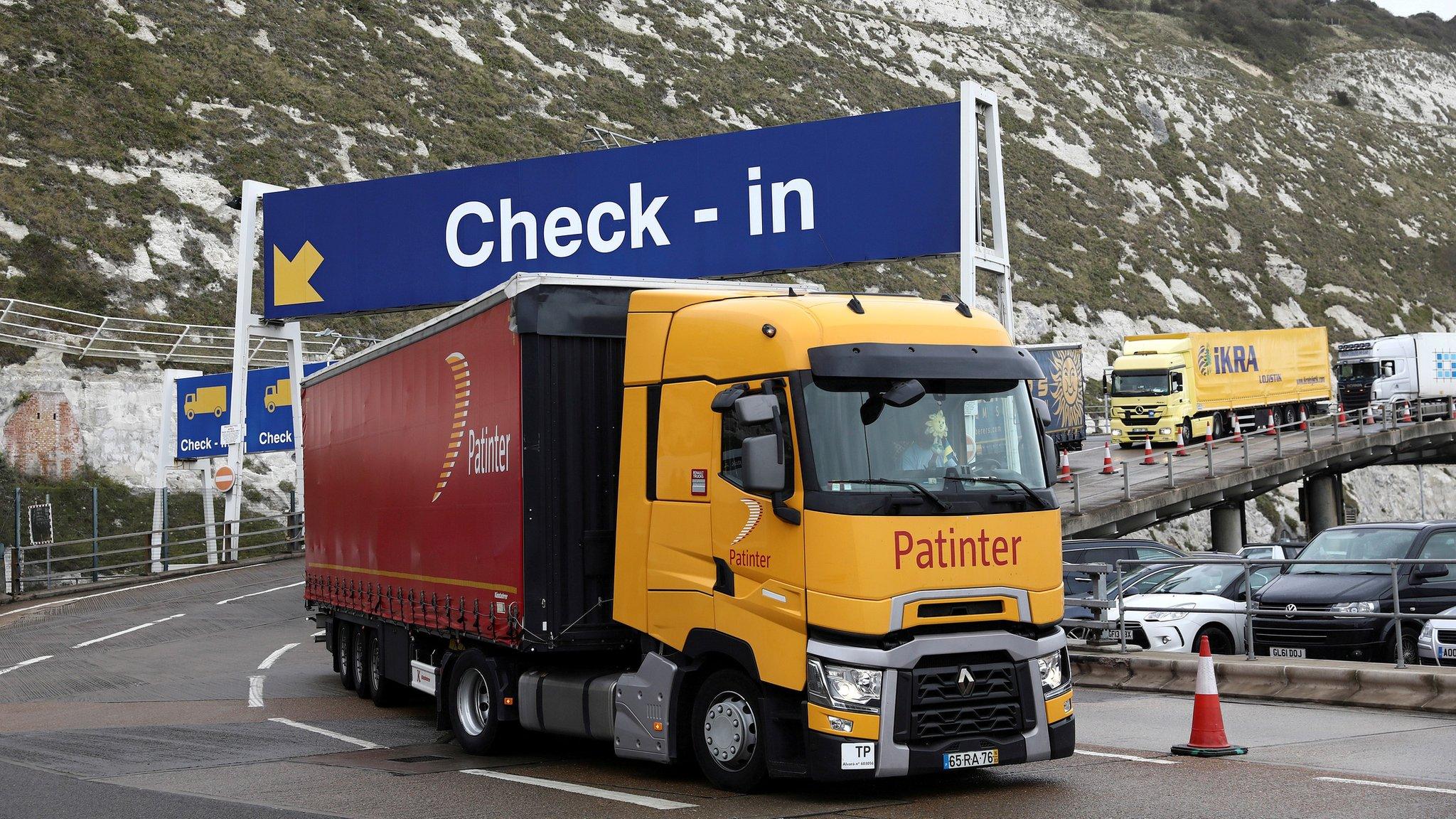
- Published9 December 2020
